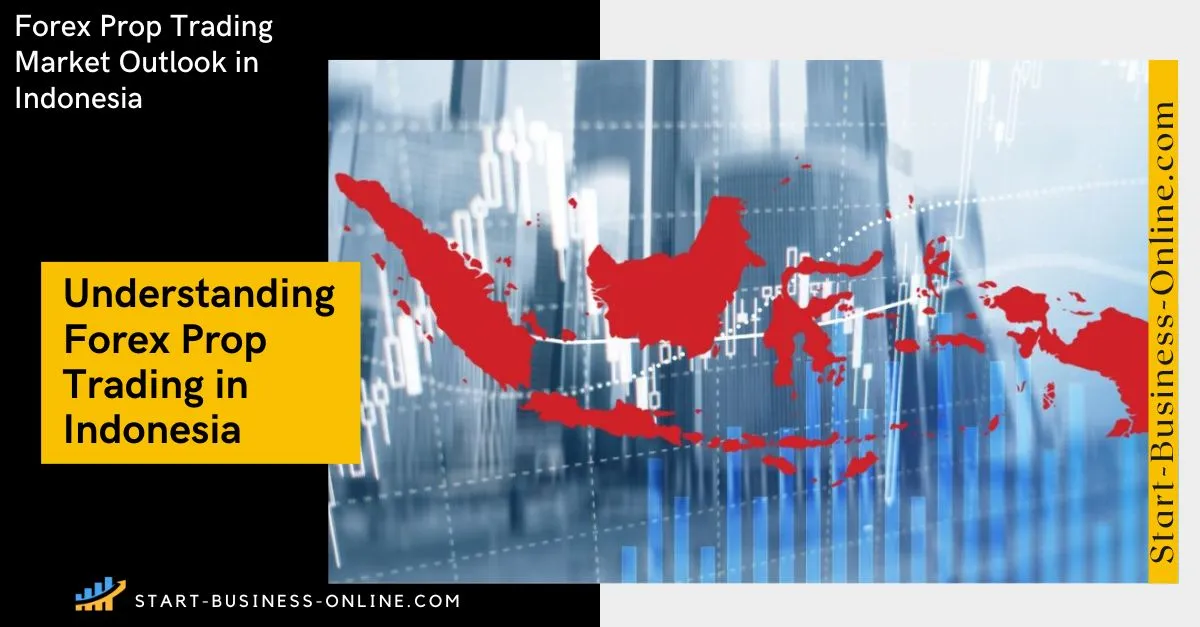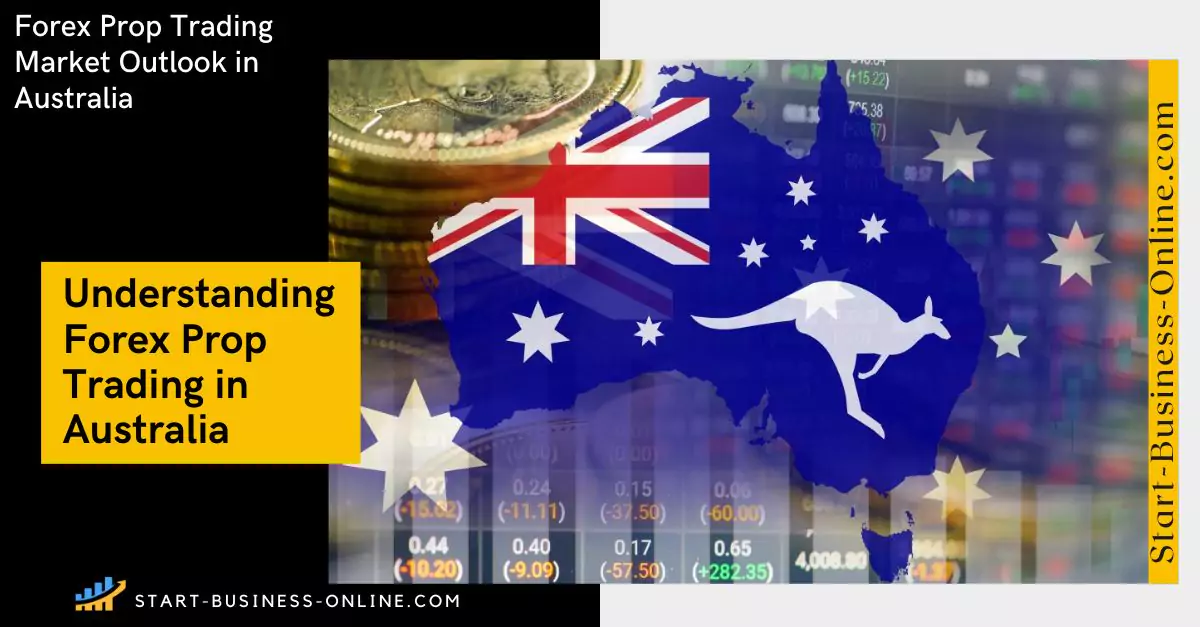Canada has been emerging for a long time as a key destination for forex brokers and a jurisdiction where interest in online retail trading has also been booming. The country’s proximity to the USA has rendered it an attractive platform from where regulated brokers have sought to establish themselves, looking to expand into North America.
Against this backdrop, which creates an environment of high competition, Canadian brokers have been forced to step up their game and strive to offer a diverse range of high-quality products and services to their clients.
Top Canadian Forex Brokers for 2024
To help interested traders identify the best forex brokers in Canada, we have compiled a curated list of the brokers we consider to be the top brokers for Canadians in 2024, based on their overall performance, offering, and credentials:
The Regulatory Framework for Forex Trading in Canada
Forex trading is widely popular among Canadians who participate in international currency markets seeking opportunities for leveraging its huge potential to increase their profits and income. However, interested traders should be aware that before any broker can operate in Canada, they must obtain authorization from the Canadian Investment Regulatory Organization (CIRO). Established in June 2023, the CIRO is the industry watchdog, which currently consolidates the roles of the Investment Industry Regulatory Organization of Canada (IIROC) and the Mutual Fund Dealers Association (MFDA).
The decisive step in shaping the current regulatory framework for trading in Canada came in 2019 when the IIROC introduced the ‘Proposed Derivatives Rule Modernization, Stage 1’ report. This framework established clear regulations for forex and CFD trading products, granting Canadian residents legal access to leveraged forex and CFD trading.
As the regulatory framework is always changing and evolving to adjust and adapt to market changes and other relevant challenges, Canadian residents interested in engaging in forex trading activities are encouraged to regularly consult the announcements made by the country’s authorities on their websites and social media accounts to remain informed and updated of any developments.
Is Forex Trading Legal in Canada?
As already mentioned above, forex trading is fully legal in Canada, provided that the brokers involved are registered members of the IIROC and also hold a regulatory license from one of Canada’s ten provincial regulators. However, it should be noted that the decentralized structure, which differentiates Canada from other countries, creates distinct regulatory environments across the country. As a result, compliance is costlier and more complex for international brokers, some of whom choose to avoid operating in Canada.
The IIROC and the ten provincial Canadian regulators classify forex as either a security or a derivative. Moreover, in terms of investor protection, the Canadian Investor Protection Fund (CIPF) ensures a coverage of up to C$1 million per taxable account, with additional coverage for retirement and education accounts, totaling a potential maximum of C$3 million per investor.
Key Differences in Forex Trading Between Canada and the USA
Forex trading regulations in Canada differ significantly from those applicable in the USA, despite the fact that most Canadian-based brokers offer traders globally recognized trading platforms, such as the MetaTrader 4 and the MetaTrader 5.
It should also be noted that most USA-based brokers do not accept Canadian clients. The key differences between the two countries in terms of forex trading pertain to different requirements in leverage and margin, which shape how traders are allowed to trade.
Tax Implications for Forex Trading in Canada
Prior to engaging in any trading activities, Canadians should bear in mind that Canadian residents must report all income, including forex trading gains over $200, to the Canada Revenue Agency (CRA). According to the CRA, foreign exchange gains or losses are treated as capital gains or losses, while non-residents must report any forex income they gain back to their country of residence. With this in mind, existing and aspiring traders in Canada are encouraged to consult a reliable tax professional who will offer them the relevant guidance in order to comply with their tax obligations and avoid trouble and fines.
How to Start Trading Forex in Canada
Starting to trade forex in Canada is a fairly simple and straightforward process, provided that the trader follows the necessary steps. The first and most essential step is selecting the forex broker through which to trade. It is advised that traders proceed to choose a regulated broker, licensed by the Canadian Investment Regulatory Organization (CIRO), in order to ensure a secure and compliant trading experience.
Following the broker selection, the next step is to open an account by completing the application process and carefully reviewing the terms and conditions to fully understand the trader rights and responsibilities included therein. Before diving into live trading, use the demo account provided by most brokers to practice and familiarize yourself with the trading platform’s features, tools, and market operations without risking real money. Once confident in your preparation, proceed to fund your live trading account by depositing an amount that you are comfortable risking and can afford to lose if things go sour.
By following these steps, you can then start trading by opening positions, either buying or selling currency pairs. It is however important to remember that you should always keep monitoring your trades closely to adjust your approach as needed.
The Best Times to Trade Forex in Canada
For interested forex traders, the best time to trade the Canadian dollar is during the overlap of the North American and European trading sessions, which occurs daily between 8:00 a.m. and 12:00 p.m. Eastern Time. This specific window is usually characterized by increased liquidity and volatility, especially for pairs like the USD/CAD and the EUR/CAD. Moreover, it coincides with key economic data releases, which often create lucrative opportunities for well-informed and prepared traders as markets react to the news and data being announced.
Trading the Canadian Dollar
Canadian forex traders often prefer to trade their national currency, the Canadian dollar (CAD), which is a commodity currency, heavily influenced by the country’s oil and natural resource sectors.
Traders, either Canadian or not, who choose to trade the Canadian dollar, often exploit the relationship between oil prices and the CAD, particularly when trading pairs like the CAD/JPY. However, many traders also focus on the USD/CAD pair, as the U.S. dollar is the standard currency for oil transactions.
In conclusion, forex trading offers many opportunities for Canadian traders, where both beginners as well as seasoned traders can capitalize on the strong regulatory framework, and development of advanced tools and resources to maximize their potential for success.
Prop Trading in Canada
Having briefly examined the forex trading landscape in Canada, let us now turn our focus to prop trading, which is a growing global trend in the world of trading. Against this backdrop, proprietary trading is also gaining substantial traction in Canada as well.
The sheer surge in interest from Canadian residents about the opportunities offered by prop trading is evident in recently published data about online searches on prop trading. According to this data set, search interest in Canada for prop trading has grown dramatically, with an increase of 272% between 2020 and 2024. This has meant that currently Canada comfortably ranks among the top countries in search volume on prop trading, relative to its population.
This surge in interest in Canada, aligns with a broader shift toward active trading strategies in the world population, as global searches for trading terms, such as prop trading, have grown by 1,264% since 2015, outpacing more traditional investment strategies like buy-and-hold.
The growing popularity of prop trading, both in Canada as well as globally, is mainly attributed to a multitude of factors, such as easier access to advanced trading platforms, high leverage, and performance-based compensation models. In Canada in particular, the appeal of prop firms among Canadian residents is also tied to the flexibility they offer, allowing traders to engage in short-term, high-risk strategies with the potential for significant returns.
What is a Proprietary Trading Firm?
Proprietary (prop) trading firms in Canada and across the globe, provide traders with access to their capital, allowing them to trade financial instruments, assuming the risks and potential rewards of the trading activities undertaken by the traders. Unlike forex brokers, prop trading firms do not handle client funds. Instead, traders use the firm’s capital after passing an evaluation program designed to assess their trading skills. Once approved, they become funded traders with access to the firm’s resources and may use their skills to generate profits, which they then share.
Is Prop Trading Available in Canada?
Yes, proprietary trading is available for Canadian residents, however before partnering with a prop trading firm, aspiring prop traders should pay attention to the following factors:
- The prop firm’s regulation: While prop trading firms don’t require the same licensing as forex brokers, because they do not manage client funds, however, they must still adhere to the general financial regulations applicable in the jurisdiction. The Investment Industry Regulatory Organization of Canada (IIROC) oversees all investment dealers and trading activities in the country, but it does not directly regulate prop firms.
- The prop firm’s operational model: Prop firms catering to Canadian traders range from traditional "brick-and-mortar" firms (or "prop shops") to firms operating solely online. The latter has gained popularity due to the ease of accessibility offered by this model, allowing traders to participate in funding challenges from anywhere.
- The prop firm’s training programs: Many prop firms offer training to traders on various subjects, such as risk management, trading strategies, and regulatory compliance to help them improve their skills and make it easier for them to succeed.
- The prop firm’s rules and limitations: Each prop firm sets its specific terms and guidelines that traders must adhere to for gaining access to trading-funded accounts, including permitted strategies and trading styles. Compliance with these rules is essential for traders to be able to acquire and maintain funded status.
Top Prop Firms for Traders from Canada

The Best Prop Trading Firms in 2025
Rating breakdown
Things we liked:
Exclusive Discount Code (20% Off Exclusive Offer)Unlimited time for completion
Real Funding and Daily Payouts
Things we didn't like:
High challenge difficultyRating breakdown
Things we liked:
Exclusive Discount Code (10% Off Exclusive Offer)Unlimited time for completion
Real Funding and Daily Payouts
Things we didn't like:
Futures onlyNo free retry
Rating breakdown
Things we liked:
Up to 100% Profit SplitUnlimited Number of Trading Days
Fast Payouts
Things we didn't like:
10% Max Loss Limit on Accounts$10 Withdrawal Processing Fee
No swap free accounts
| Prop Firm | Prop firms that allow clients from canada |
|---|---|
| FunderPro | |
| Funding Pips | |
| FXIFY | |
| FundedNext | |
| FTMO | |
| Apex Trader Funding | |
| the5ers | |
| Toptier Trader | |
| SabioTrade | |
| NeomAAA Funds | |
| UltraCap Trading | |
| MyFundedFX | |
| BlueBerry Funded | |
| Topstep | |
| Blue Guardian | |
| FTUK | |
| Funded Trading Plus | |
| Earn2Trade | |
| City Traders Imperium | |
| E8 Markets | |
| Lux Trading Firm | |
| Goat Funded Trader | |
| The Trading Pit | |
| PipFarm |
Regulation and Tax Implications for Prop Traders in Canada

Canada’s financial market is well-regulated, and forex brokers operating in the jurisdiction must be licensed by the IIROC. Prop trading firms, on the other hand, are subject to less stringent oversight. This being said, the decentralized nature of the Canadian trading regulatory system, has often proven to be more effective towards trader protection.
For example, a recent Ontario Superior Court of Justice decision underscores the expansive authority of Canadian securities regulators in using receivership to safeguard investors. The case involved TGG, which was accused of running simulated trading operations and collecting significant investor funds under false pretenses, drawing parallels to a Ponzi scheme. While a U.S. court limited asset recovery to $12 million, Ontario regulators leveraged their broader legal framework to pursue a more comprehensive receivership, targeting all funds acquired in violation of Ontario securities laws.
This regulatory approach, which allows for the appointment of receivers even before investigations are formally completed, has set a strong precedent for handling cross-border financial schemes and this has particular relevance and resonance for prop traders as well. The MyForexFunds case further highlights this trend. In 2023, the Ontario Securities Commission (OSC) targeted MyForexFunds for alleged fraud involving fake trading environments, where investor losses exceeded $300 million. Similar to TGG, this case saw regulators act decisively to freeze assets and prevent further harm, reinforcing the OSC's commitment to investor protection in complex, cross-border trading operations
With regards to taxation obligations, Canadian prop traders are obliged to report all their profits derived from funded accounts as taxable income. Depending on how the Canada Revenue Agency (CRA) categorizes their trading (business income or capital gains), traders may face different tax obligations. Therefore, Canadian residents engaging in prop trading are strongly advised to keep detailed and accurate records of all their trading activities, as well as seek professional guidance regarding their tax status and obligations, to avoid penalties.
Payment Options for Funded Challenges in Canada
To participate in the funded challenges run by prop trading firms, aspiring prop traders must pay evaluation fees. Partnering with a prop firm in Canada, as elsewhere in the world, typically entails one-time fees, which are more common for forex prop firms, or monthly subscriptions, which are standard for futures prop firms.
To pay for such fees, Canadian prop traders may choose from a variety of acceptable payment methods, such as debit and credit cards, which are widely accepted by all prop trading firms, bank transfers, which are a low-cost option, cryptocurrencies, which are less commonly used and e-wallet services, such as Skrill and Neteller.
Key takeaways for Canadian Prop Traders
The most crucial decision for Canadian prop traders is the right selection of their prop firm. When making the selection, aspiring prop traders must take into account the prop firm’s reputation, the difficulty of the evaluation process, the available trading platforms, the level and quality of customer support, the profit-sharing arrangements, and the overall cost of maintaining funded accounts.
Once the selection is made, success in one’s prop trading endeavors then depends on careful planning and adherence to the firm’s rules. Additionally, to maximize their chances for success, Canadian traders should also stick to their trading plan and remain consistent in the execution of their trading strategy. They should also choose assets to trade that they are familiar with and have experience with. In this regard, Canadian prop traders should leverage their knowledge of the local markets and their unique understanding of Canada’s economy and Canadian financial news to gain an edge in their trading decisions.
By selecting the right firm and understanding its requirements, traders in Canada can make the most of the opportunities offered by proprietary trading. The increased interest in prop trading in Canada underscores traders' resolve to maximize their opportunities in volatile markets. This emphasizes the significant role of proprietary trading as a dynamic alternative to conventional investment approaches.
FAQ on Prop Trading in Canada
Yes, proprietary trading is legal in Canada. Prop trading firms are able to operate within the law by providing traders with access to the prop firm's capital. Unlike traditional investment firms, prop-trading companies do not handle client funds or sell trading securities, which places them outside the typical regulatory framework and reduces their exposure to scrutiny from agencies like the Investment Industry Regulatory Organization of Canada (IIROC). However, as prop trading grows in popularity it attracts the attention of watchdogs and thus the regulatory framework surrounding prop trading both in Canada, as well as globally is in a state of constant evolution.
No, prop trading in Canada, as in other jurisdictions, is not yet subject to direct, formal regulation. Prop firms are not required to obtain a license or comply with oversight from local regulatory bodies such as the IIROC in Canada. This is largely because prop trading firms do not manage external client funds nor offer investment advice, activities that typically trigger regulatory oversight. Nevertheless, the overall trading regulatory framework does affect prop trading, while at the same time, pertinent watchdogs globally are becoming increasingly vigilant and aware of the increase in prop trading activities and indirectly impose changes to ensure prop traders act in a transparent environment.
Prop trading firms serving Canadian residents, typically offer a variety of instruments, including Forex pairs, commodities, indices, and cryptocurrencies. Some also provide access to futures or stocks via Contracts for Difference (CFDs). However, direct access to Canadian stocks is rare, so traders interested in specific markets should verify the available options before committing to a specific funded trading program.








